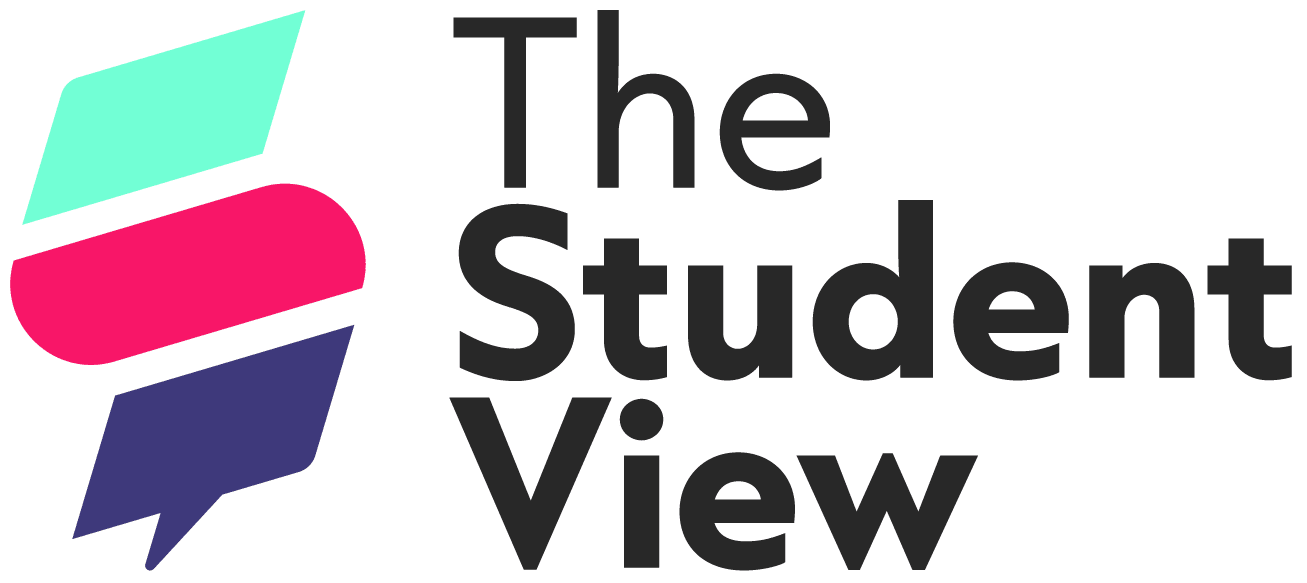Frequently Asked Questions
The Student View is a UK-based media literacy charity with a vision to empower children and young people to be healthy, responsible citizens in a democratic society by equipping them with the skills to determine truthful, reliable, and trustworthy information.
Our mission is to achieve this by equipping all children and young people with the journalism skills they need to hold power to account.
The Media Literacy Champion Programme is a free Continuing Professional Development (CPD) programme designed for teachers in the UK who want to enhance their media literacy skills and empower their students to critically evaluate and analyse information in today’s media landscape.
The Media Literacy Champion programme was created by The Student View and funded by the European Media and Information Fund, which provides grants to organisations working on disinformation research and strengthening media literacy and fact-checking.
To deliver the programme we are partnering with: Bellingcat, an investigative journalism group; Demos, a UK-based think tank; and the PSHE Association, a membership body which supports teachers and schools.
The Media Literacy Champion training is a comprehensive pilot programme designed to equip teachers with the necessary skills to teach media literacy effectively in their classrooms. The training is fully funded by the European Media and Information Fund and created by a team of media literacy experts from The Student View, investigative journalists from Bellingcat, education specialists from the PSHE Association, and researchers from the think tank Demos.
The programme is suitable for secondary teachers in the UK who are interested in developing their media literacy skills and helping their students become more informed, critical media consumers.
The training will be delivered from May to Sept 2023. Dates and times are to be confirmed, but will be emailed to you after you sign up.
This is a pilot programme which means some of the course materials are in Beta format. You’ll have a chance to input as you learn, and help shape the resources through insights and evaluation. Don’t worry – it is still CPD, you will earn a certificate at the end of the training and you will have access to all the finalised materials once beta-testing is complete.
You will learn various media literacy skills and topics that will enable you to support your students’ media literacy journey. Subjects include critical thinking, identifying and combating misinformation, generating original investigations about local communities, and improving digital wisdom and media literacy skills.
Yes, this programme is fully funded by the Education Media and Information Fund (EMIF), which means that there is no cost to participate.
The webinar is 4 hours, and there are some independent tasks to complete, plus some optional extra snippets of pre- and post-learning available if you wish. We will provide more information on the training schedule once you are registered for the programme.
After the training, you will receive a media literacy handbook produced by Bellingcat, teaching resources and lesson plans, posters for pop-up newsroom sign-ups, a top media literacy tips poster, a certificate for the teacher, a graphic for your email signature, and a crib sheet for your students on how to submit a news story to The Student View.
The only thing you’ll need to take part in the training is a phone, tablet, computer or laptop with a stable internet connection.
You’ll have access to a dedicated support team throughout the programme who can help answer any questions you may have. You’ll also be able to connect with other Media Literacy Champions, and share ideas and resources.
No, there are no formal assessments or exams as part of the programme. However, you will be asked to put your new skills into practice by leading media literacy initiatives in your school.
As this is a pilot programme, we will also be carrying out an evaluation of the efficacy of the programme and participants’ experiences, so we will also ask you to complete surveys to help us assess this. The information you share with us will only be used by us for our evaluation of the programme and no personal data will be published.
While there are no formal qualifications associated with the programme, you will receive a certificate of completion which you can add to your professional development portfolio.
You’ll have access to all the programme resources and materials indefinitely, so you can continue to use them in your teaching and share them with other teachers in your school or community.
To sign up for the training, simply follow the link below and register your interest. We will then send you all the necessary information about the training, including the dates and any preparation you need to do before starting.
Sign up to become a Media Literacy Champion
